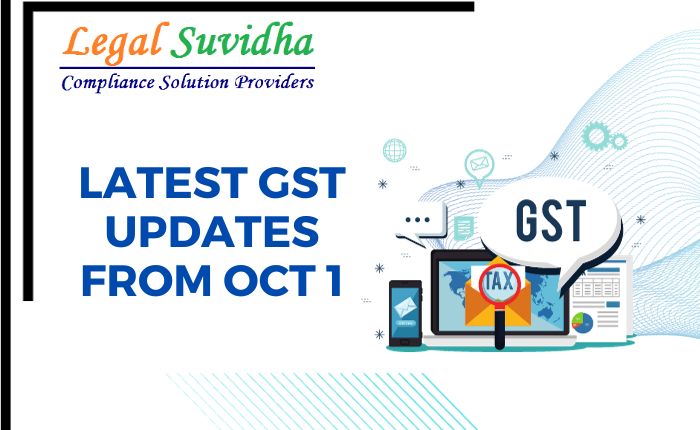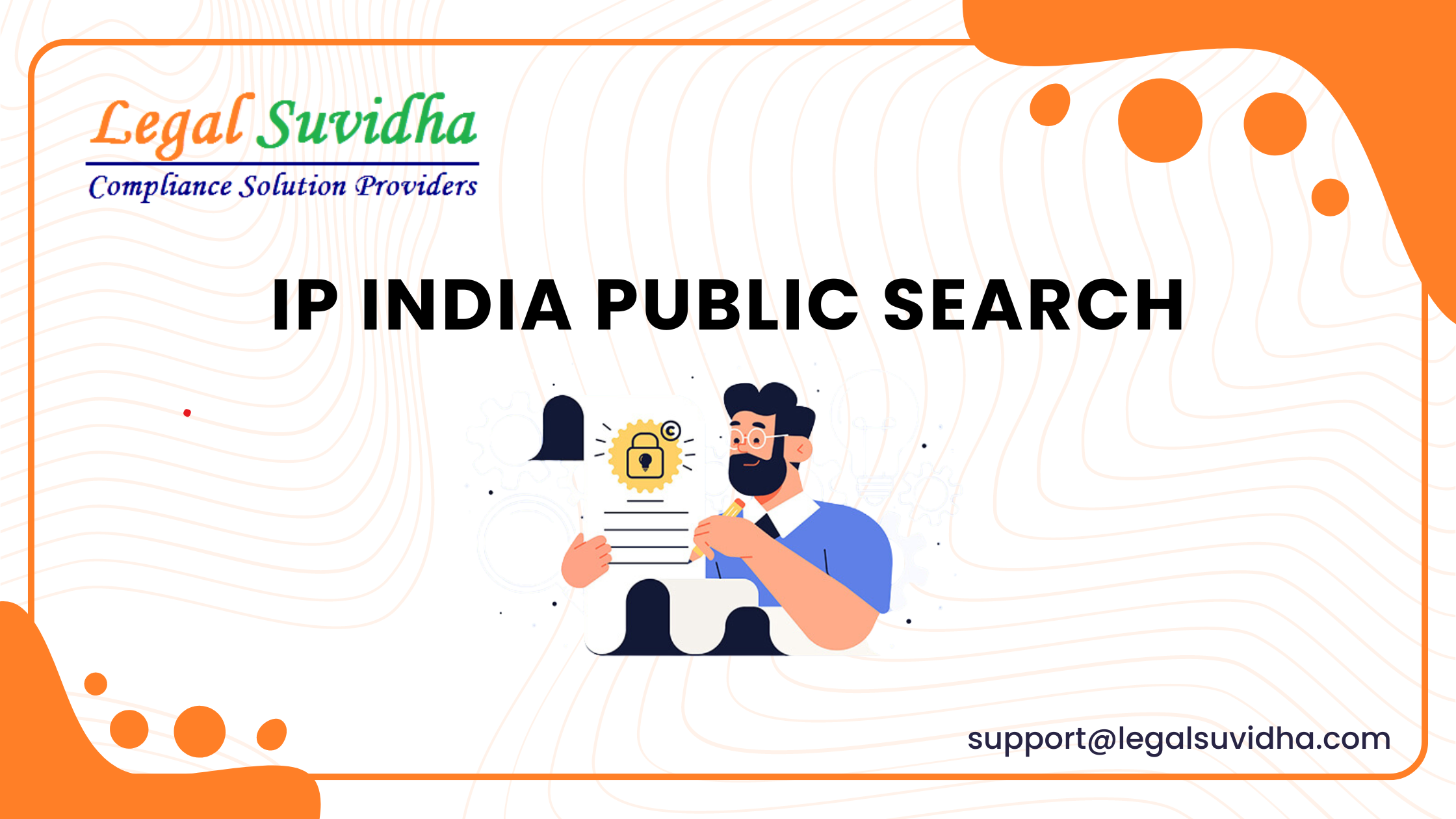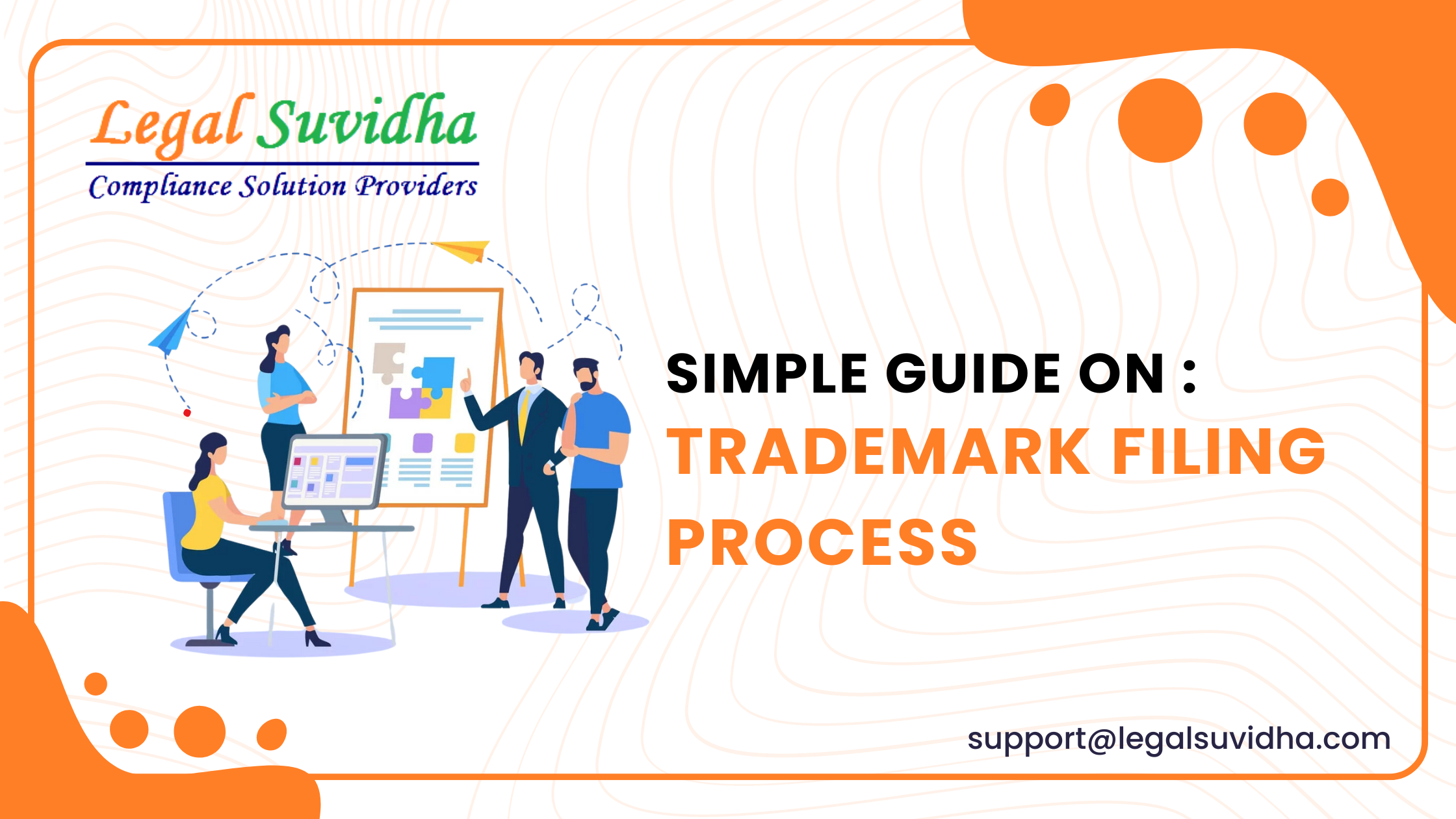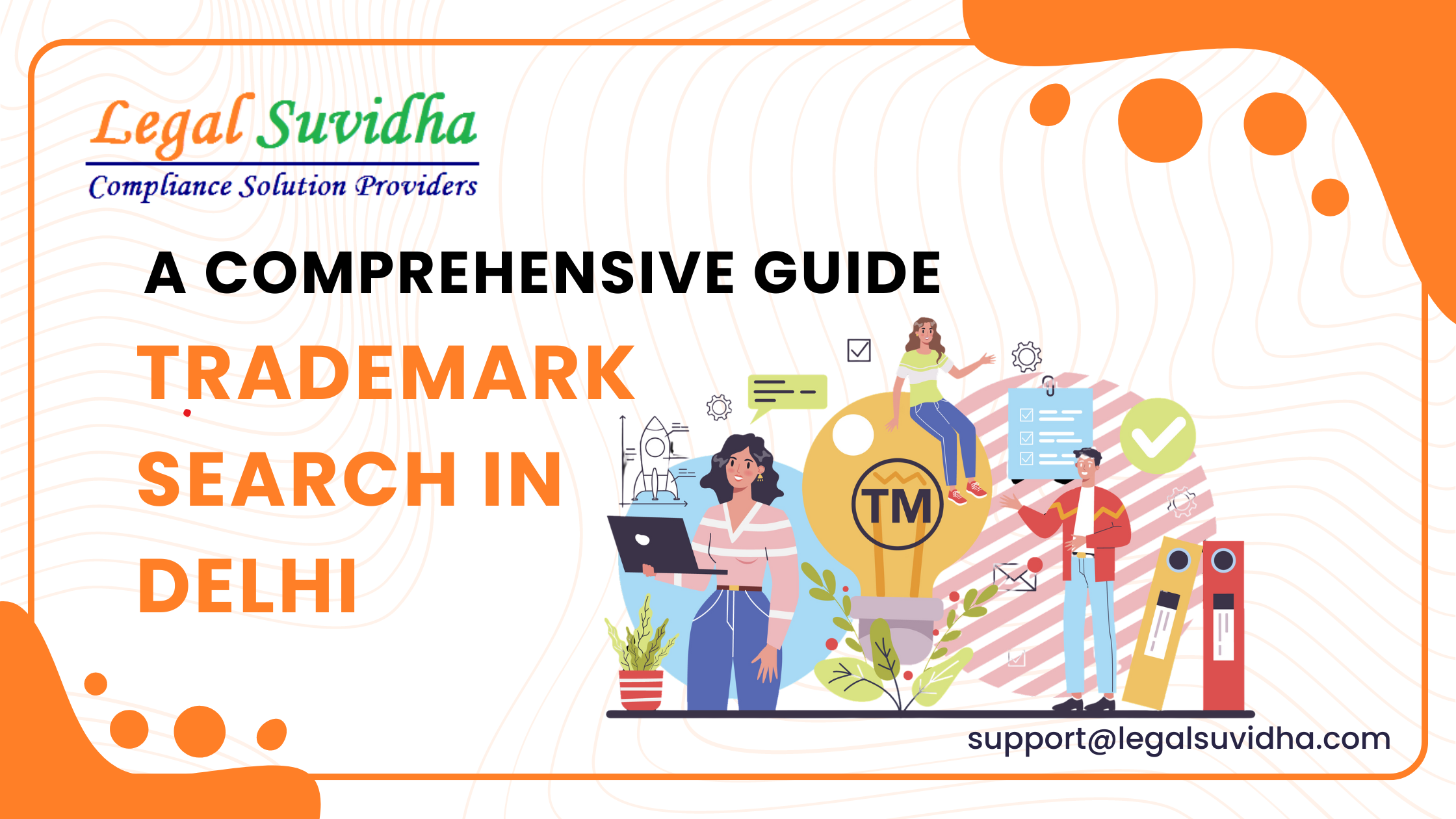The Indian government is making big changes to the Goods and Services Tax (GST) system through the Finance Act of 2023, starting from October 1, 2023. These changes affect different parts of the Central Goods and Services Tax (CGST) Act and the Integrated Goods and Services Tax (IGST) Act. In this article, we’ll explain these GST changes, what they mean for businesses, and what businesses need to do to follow the new rules and save money.
1. Expansion of Composition Levy for E-commerce Goods Suppliers (Section 10 CGST Act, 2013): In simple terms, the Composition Levy, a tax scheme, can now be used by small businesses that sell things online. Before, they couldn’t use this scheme. But, businesses that provide services online still can’t use it. This change is meant to make things fairer for small online sellers. It was made official on August 4, 2023, through Notification No. 36/2023-Central Tax, and it’s meant to create a more even playing field in the online shopping industry.
2. Clarification Regarding Timely Payment to Suppliers (Section 16 of CGST Act, 2017): If you buy something from a supplier and they send you an invoice, you need to pay them within 180 days from the date of the invoice.
- If you don’t pay within that time, you have to give back the Input Tax Credit (ITC) you claimed when you bought that item.
- Plus, you’ll have to pay interest as per Section 50 of the CGST Act. Before this change, if you didn’t pay on time, you had to add the ITC amount to the taxes you owe.
- But now, after the change, you either pay the ITC back or get it back, depending on the situation.
- And if you have to give back ITC, the interest you pay is calculated differently, following Section 50(3) instead of Section 50(1) of the CGST Act.
3. Include the sale of stored goods in the value of tax-free supplies (Section 17(3) of CGST): A significant change is happening regarding the sale of stored goods before submitting the Bill of Entry. As per Notification No. 36/2023 – Central Tax dated 04.08.2023, the money made from these sales will now be considered as part of tax-exempt transactions. This will impact how common input tax credits are reversed, in line with Section 17(2)(3) along with Rule 42/43.
4. ITC is prevented from engaging in CSR activities due to CGST Section 17(5)(fa): A significant amendment introduced in Section 17(5)(fa) of the CGST Act concerns Corporate Social Responsibility (CSR) activities. As per the alteration, Input Tax Credit (ITC) will no longer be accessible for goods or services acquired by a taxable entity for use in fulfilling CSR obligations.
5. How Section 23(2) Affects Sections 22 and 24 in Retrospect: This change is about a rule that started on July 1, 2017. Before this rule, some people didn’t have to register for GST (a type of tax), even if they made a certain amount of money (according to Section 22) or fell into specific categories (according to Section 24).
- Now, with this new rule, if you’re exempt from registering for GST because of a special notice in Section 23(2) of the CGST Act, you don’t have to worry about what Section 22 or Section 24 says.
- It means you’re exempt from registration, no matter what those other sections say.
- But if you’re exempt from registration because of Section 23(1), this rule doesn’t affect you. You still follow the normal rules.
6. Deadline for requesting registration reinstatement (Section 30 & Rule 23): A big change has happened regarding when you can reapply for a GST registration after it’s been canceled. Before, you had 30 days to do it, but now, there’s no specific time limit in Section 30. Instead, you have 90 days from when your registration was canceled, and the Commissioner can give you more time, but not more than 180 days.
7. Filing return limits (Sections 37, 39, 44, 52 of CGST): An important amendment revolves around restrictions on filing various GST returns. As per [Notification No. 38/2023 – Central Tax dated 4th Aug 23], registered entities will be prohibited from submitting returns in GSTR-1, GSTR-3B, GSTR-9, GSTR-9C, and GSTR-8 after three years from the due date of the respective return.
8. Refunds and Late Refund Interest (Sections 54 & 56 of CGST and Rule 94): Some important changes have been made to the CGST Act in Sections 54 and 56 regarding refunds and interest on late refunds. These changes are technical adjustments to match the current ITC self-assessment system. Section 56 now specifies that interest for delayed refunds will be given based on certain rules and limits, and it explains how the interest will be calculated. These changes are mentioned in Notification No. 38/2023- Central Tax dated August 4, 2023.
9. Evaluating Unregistered Individuals under CGST Section 62: A significant change relates to the timeframe within which a taxable entity must furnish Form GSTR 3B or Form GSTR 10 (Final Return) in cases of Best Judgment Assessment. The period has been extended from 30 days to 60 days for the effective withdrawal of the best judgment order. Beyond 60 days, an additional 60-day extension (61 to 120 days) is permitted, subject to an additional late fee.
10. Including ‘Non-taxable Online Recipient’ (as per GST Rule 64): A significant change in Rule 64 is the introduction of the term “non-taxable online recipient,” which is mentioned in the Integrated Goods and Services Tax (IGST) Act of 2017. This change makes Rule 64 apply to more types of recipients, which helps improve tax compliance. This change was made through Notification No. 38/2023- Central Tax dated 4th August 2023.
11. Penalty pertaining to particular violations according to CGST Section 122(1B): To establish penal provisions applicable to e-commerce operators (ECOs), a significant amendment has been introduced in Section 122(1B) of the CGST Act. These provisions come into play in cases of violations related to the supply of goods via ECOs by unregistered entities or composition taxpayers. [Notification No. 37/2023 – Central Tax dated 04.08.2023]
12. Consequences for Specific Violations in CGST Section 132: Section 132 of the CGST Act, which deals with penalties for certain offenses, has undergone several amendments:
a) Reducing Penalties for Certain Crimes: Certain offenses specified under clauses (g), (j), and (k) from Section 132(1) of the CGST Act, 2017, have been reduced, leading to reduced penalties for these particular offenses.
b) Amount needed for prosecution: A modification has been made in the monetary threshold for commencing prosecution proceedings. The threshold has been raised from Rs. 1 Crore to Rs. 2 Crore for initiating prosecution, except for cases involving fake or bogus invoices. In cases other than those involving fake invoices, imprisonment can be pursued if the value exceeds Rs. 2 Crores, while prosecutions for fake invoices will continue to apply for a threshold amount of Rs. 1 Crore.
13. Combining Offenses (Section 138 of CGST and Rule 162): The amendment concerning the compounding of offenses introduces two significant changes:
a) Exclusion of Offense Compounding: Cases involving fake or bogus invoices are excluded from the option of compounding offenses.
b) Lower Compounding Fees: The amendment lowers the compounding fees for various offenses, except for fake invoice-related offenses. Under the new provisions, the minimum compounding amount is set at 25% of the tax involved, with a maximum limit of 100% of the tax involved. This is a notable departure from the previous minimum of the higher of Rs. 10,000 or 50% of the tax involved and a maximum of the higher of Rs. 30,000 or 150% of the tax involved.
14. Sharing Information with Consent (CGST Rule 162, Section 158A): The inclusion of Section 158A allows for the sharing of information or details provided by a taxable entity on the GST common portal with other systems as may be notified by the government. [Notification No. 38/2023- Central Tax dated 4th Aug 23]
15. Using Schedule III (CGST Schedule and Rule 43) in the past: Several changes have been made to Schedule III of the CGST Act, affecting the taxation of certain activities involving goods. These changes are retroactive from July 1, 2017, and are aimed at resolving legal disputes. However, no refunds will be given for taxes paid on these activities between July 1, 2017, and January 31, 2019. [Notification No. 38/2023- Central Tax dated August 4, 2023]
16. Widening the Scope of OIDAR Services (Section 2(17) of IGST Act): The OIDAR services definition has been expanded to encompass a broader range of services, eliminating the previous criteria of being predominantly automated or requiring minimal human involvement. This modification enhances inclusivity in the definition.
17. The location for shipping goods (as per IGST Section 12(8) and 13(9)): Amendments have been made to Section 12(8) and Section 13(9) of the IGST Act concerning the place of supply for transportation of goods. These changes have significant implications for tax allocation:
a)Where goods are transported, including by mail or courier, determines the place of supply (IGST Act Section 12(8)): The change in Section 12(8) means that now, for services, the place of taxation depends on where the service recipient is located. If the recipient is a registered entity, half of the tax goes to the state they are registered in, unlike before when all the tax went to the Union for goods going out of India.
b) Where goods are transported, not including mail or courier services (Section 13 of the IGST Act): Section 13(9) of the IGST Act, 2017, has been removed. This means that for services related to transporting goods (excluding mail or courier), the location of the service recipient will now determine the tax treatment, especially when either the service provider or the recipient is outside India.
- This change has significant implications for international trade, as services to recipients outside India will be considered exports, and services from providers outside India will be treated as imports, regardless of the goods’ destination.
- [Notification 13/2023 – Integrated Tax (Rate) dated 26th Sept 23] [Notification 11/2023 – Integrated Tax (Rate) dated 26th Sept 23]
18. Supplies to Special Economic Zones (SEZ) for authorized operations are exempt from GST (Section 16(1)(b) of IGST Act): A recent change to the IGST Act (Section 16(1)(b)) now specifies that only supplies meant for authorized operations within Special Economic Zones (SEZ) qualify for zero-rated status. This update simplifies the process by removing the previous requirement for approval from a designated SEZ officer regarding authorized operations, as stated in Rule 89. [Notification No. 27/2023–Central Tax Dated: 31st July, 2023]
19. Tax-free items according to the IGST Act: The usual way to provide goods or services under the IGST Act is by using a Letter of Undertaking (LUT), which allows you to avoid paying taxes upfront and get a refund for any taxes you’ve already paid.
- The government can decide which categories must pay IGST and how to get a refund.
- The most recent notification, No. 01/2023-IGST, requires tax payment for all exports of goods and services, except for specific items like cigarettes, pan-masala, and tobacco-related products.
- Currently, there’s no notification allowing IGST payment for supplies to SEZ units/developers, so the LUT is the default option for those transactions. [Notification No. 1/2023–IGST Dated: 31st July 2023]
If You have any queries then connect with us at [email protected] or [email protected] & Contact us & stay updated with our latest blogs & articles









